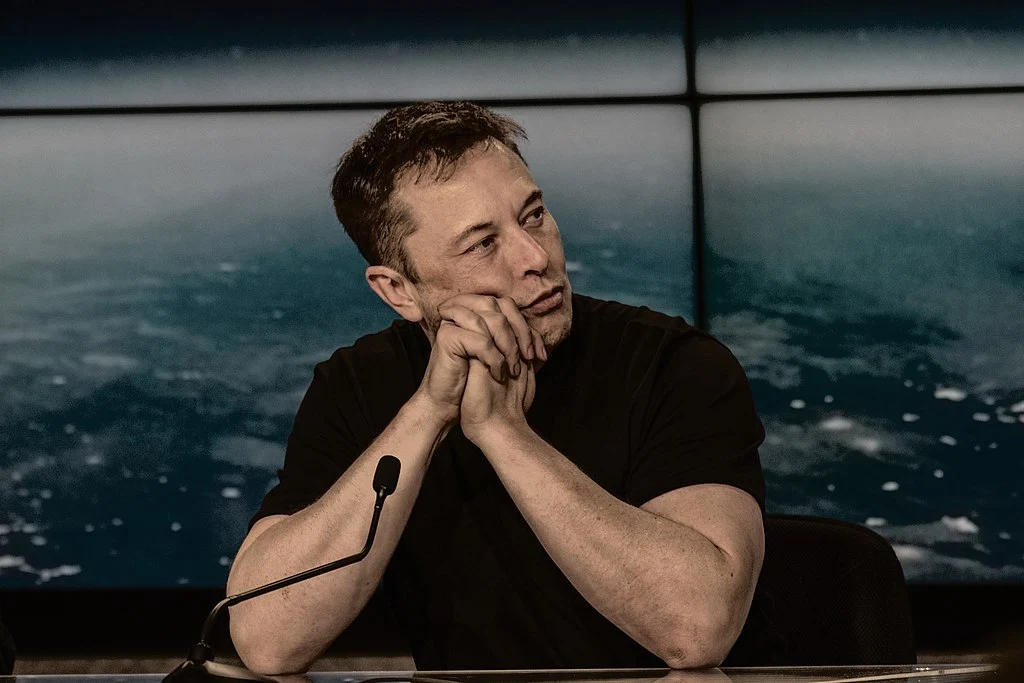Tesla’s first-quarter delivery numbers sent shockwaves through the EV industry. Falling short of analyst expectations by a significant margin, the news triggered a sell-off in Tesla stock and reignited a debate about the ever-present “Elon Musk factor.” Here’s a deeper dive into the situation, exploring the numbers, the Musk effect, and the road ahead for Tesla.
A Quarter of Missed Deliveries and Shifting Narratives
Tesla delivered 387,000 vehicles in Q1 2024, a number that pales in comparison to the 443,000 predicted by analysts and a stark contrast to the previous quarter’s performance. This marks the first year-over-year decline in deliveries for Tesla in nearly four years. The company attributed the slowdown to a confluence of factors: production ramp-up for an updated Model 3, factory shutdowns due to supply chain disruptions (including a suspected arson attack in Berlin), and Red Sea shipping delays caused by Houthi rebel activity. However, the greater percentage decline in deliveries compared to production suggests a potential demand issue lurking beneath the surface.
The Musk Factor: Friend or Foe?
The disappointing delivery numbers fueled criticism towards CEO Elon Musk, particularly regarding his online behaviour. Investors like Ross Gerber point the finger directly at Musk’s “toxic” presence on X, the social media platform he owns. They argue that his often controversial tweets and actions create a negative brand image, potentially alienating potential customers. Musk, however, remains defiant, citing slowing sales at competitor BYD and defending his online personality as authentic.
The analyst community is divided on the extent of Musk’s influence. While some like Daniel Ives acknowledge a negative impact (estimated at 30% of the problem), they attribute the majority of Tesla’s woes to a more complex picture. They point to softening global demand for EVs, a natural slowdown after years of rapid growth, and specific challenges faced by Tesla in China, their second-largest market. Others like Matthias Schmidt downplay Musk’s impact entirely, arguing that practical factors like vehicle performance and cost primarily drive consumer decisions.
Internal Challenges and Shifting Gears
Regardless of the blame game, Tesla faces undeniable internal challenges. The production ramp-up for the new Model 3 variant highlights the potential for operational hiccups to disrupt deliveries. Additionally, Tesla’s reliance on a single factory in Fremont, California, creates a single point of potential vulnerability.
Meanwhile, the broader EV market is evolving. Legacy automakers are ramping up their electrification efforts, offering consumers more choices. Rising interest rates and concerns about charging infrastructure accessibility could also be dampening overall EV demand. Tesla needs to adapt to this changing landscape.
Can Tesla Steer out of the Skid?
The outlook for Tesla is uncertain. Analysts have revised full-year earnings predictions downward, reflecting the disappointing Q1 performance. However, there are signs of potential recovery. Tesla is aiming for a rebound in Q2 with increased production of both the Model 3 and Cybertruck, particularly within the US market. Their exploration of building a new factory in India showcases a strategic shift towards expanding their global footprint.
The Verdict
While Elon Musk’s online antics might contribute, the blame for Tesla’s predicament shouldn’t solely fall on his shoulders. Internal operational challenges, a changing market landscape, and even external factors like global economic concerns all play a role.
To get back on track, Tesla needs a multi-pronged approach. They must streamline internal processes to ensure smooth production transitions. They need to adapt their marketing strategy to a more competitive space. And perhaps most importantly, they need to demonstrate a clear understanding of evolving consumer needs and address concerns about brand image. Only time will tell if Tesla can navigate these turbulent waters. Whether Elon Musk ultimately becomes an asset or liability in this process remains to be seen.

